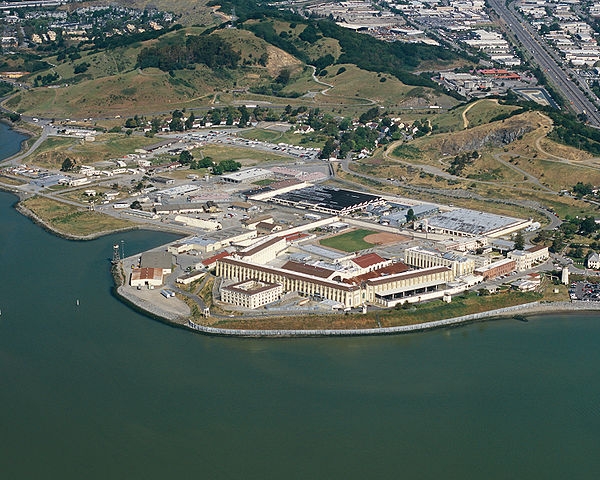Legionnaire's outbreak: Prison officials in San Quentin have yet to identify source

The case of Legionnaire's outbreak in San Quentin State Prison has yet to progress, as more inmates have showed symptoms of the disease.
According to the Los Angeles Times, there are 96 prisoners who have showed Legionnaire's disease symptoms as of Wednesday afternoon.
Seven prisoners had to be sent to the hospital; but according to prison health officials, there were only six inmates who tested positive for the bacterium responsible for the disease.
Those who have not been diagnosed are now under close monitoring. So far, there have been no reports of the disease affecting prison staff.
An environmental expert has also been called in to look deeper into the matter and determine the source of the outbreak, as stated in the Los Angeles Times report.
Prison authorities are also currently working with the state health department and U.S. Centers for Disease Control and Prevention.
Tests have already been conducted and six days after, experts have not determined what started the outbreak that has already affected 100 prisoners in San Quentin.
The Legionnaire's disease outbreak in the Bay Area prison was first discovered toward the end of August, according to officials.
Since the outbreak, preventive and protective measures have been applied and these include shutting off the water supply.
Inmates had to drink bottled water, eat from packed lunches and bathe in portable showers that supply its own water, while investigation is ongoing.
Volunteer and visitation programs have also been halted temporarily until there's progress in identifying the outbreak source, according to spokeswoman Dana Simas.
These, of course, generated complaints from many inmates, said lead attorney for Prison Law Office, Don Specter, who visited the prison last Tuesday.
Specter was also informed that it could take longer before prison officials can identify the source since it takes more time — up to 10 days — for lab cultures to produce confirmatory results.
Legionnaire's disease is caused by waterborne bacteria and because of this, the state prison cannot restart water service completely until the source has been identified.











